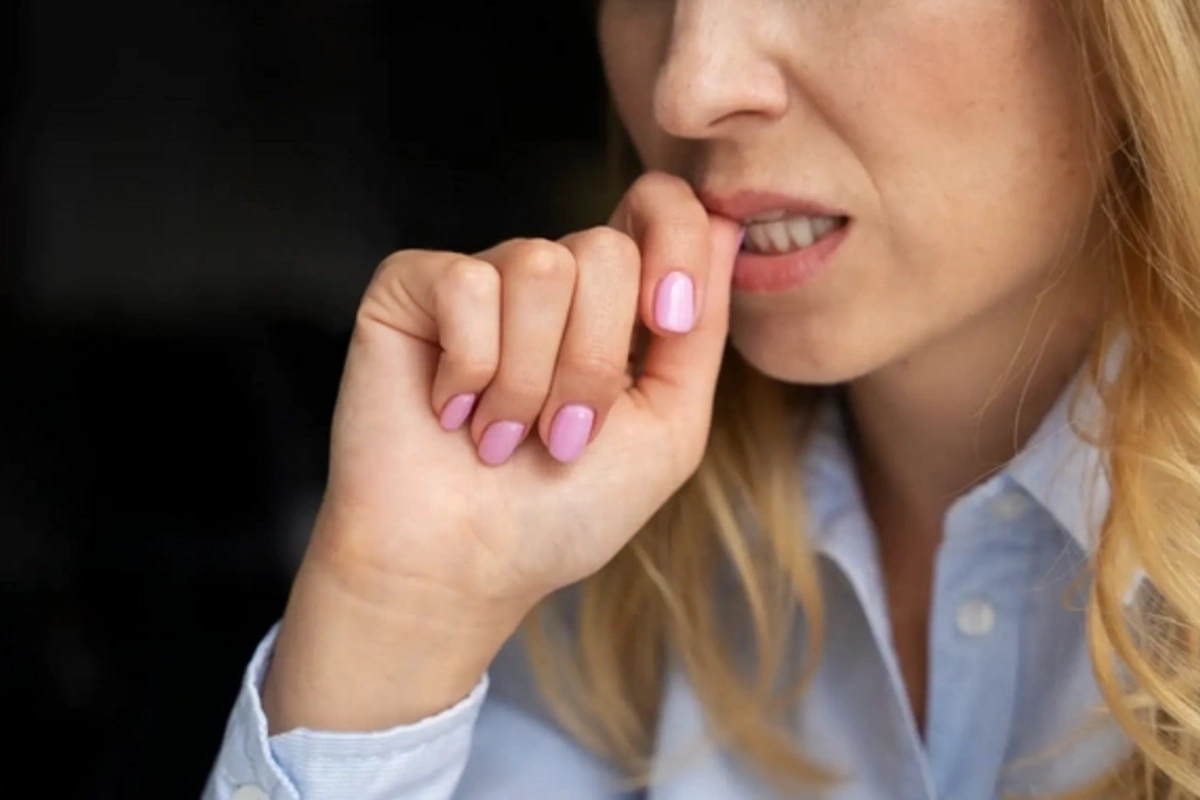16 Jun , 18:33
0

Since childhood, we've been told: "Don't bite your nails - it's bad!" But why exactly? Is it just unattractive?
In reality, there are much more serious reasons behind this warning. The habit of nail biting may seem harmless, but its consequences are both surprising and frightening.
A whole microworld lives under your nails
Nails are the perfect place for bacteria and dirt to accumulate. Even if you wash your hands regularly, food particles, dust, microbes, and fungi remain under your nails. When someone bites their nails, all of this enters the mouth and can cause inflammation, stomach and intestinal diseases. Some microbes are so resistant that they don't even die in stomach acid.
Bite your nails - destroy your teeth
At first glance, teeth seem strong and indestructible. But constant pressure on the enamel when trying to bite off a nail leads to microcracks, chips, and increased sensitivity. Front teeth suffer especially. In some cases, gum inflammation may even begin.
It's stress that manifests externally
The habit of nail biting is often associated with anxiety and internal tension. It's a kind of unconscious release. For children and teenagers, this can be a signal that they are experiencing stress, fear, boredom, or internal conflicts.
Nails become permanently deformed
If the habit persists for a long time, the shape of the nails can change forever. They become wavy, brittle, and grow poorly. Sometimes the nail folds are also affected - the skin around the nails becomes inflamed and starts to crack.
It can be "contagious" - psychologically
Interesting fact: children are more likely to start biting their nails if they see adults doing it. The habit can be transmitted as an example of behavior - especially if no one explains or stops it.
The habit of nail biting is not just a childish prank. It's a signal from the body and a potential threat to health. That's why parents try to break children of this habit from an early age. The sooner you understand this, the easier it is to cope and avoid consequences.
Sometimes a small thing reflects something bigger. And taking care of yourself begins with such seemingly simple habits.